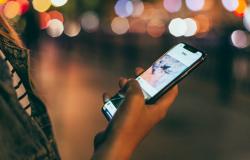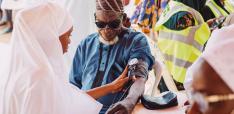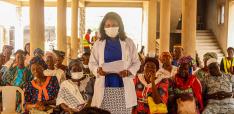COVID-19 Mobile Phone Apps Fail the Most Vulnerable

COVID-19 mobile phone apps proliferate. They appear to offer easy disease detection, containment, and require little personal sacrifice. But apps designed to locate, contact trace, and report on social distancing have not shown good return on investment, do not solve pandemic health governance challenges, and fail to help the people most likely to become sick from the virus. If policy makers are concerned with protecting the members of society most vulnerable to the disease and disproportionately sick, they must contend with evidence that shows how the apps fail on both the public health and health equity fronts.
Policy Recommendations
- Prioritize public health work focused on people who are most at risk for getting, spreading, and dying of COVID-19, recognizing the opportunity costs of disease apps.
- Enforce COVID-19 safety and prevention protocols, with first attention paid to low-wage worksites like long-term care facilities and factories, as well as prisons.
- Hire into government people who understand both health app technology and a government’s obligation to protect the most vulnerable. Do not let business lead on phone-based care.
- Use social science (i.e. medical anthropology research) to assess the impacts of new disease-targeted technologies on vulnerable populations.
- Remember the long game: Concentrate political will and devote policy time and attention to evaluating and regulating health app claims.
Photo by Daria Shevtsova from Pexels


